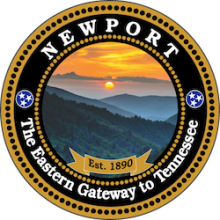ECFiber Increases Speeds, But Not Rates...Again
In true publicly owned network fashion, ECFiber in Vermont has increased speeds without raising rates. This is the third such speed increase in four years that did not come with a price increase. Even better, ECFiber plans to do it again next year.
The break down of the changes are:
Basic: Increases from 10 Megabits per second (Mbps) to 17 Mbps
Standard: Increases from 25 Mbps to 40 Mbps
Ultra: Doubles from 100 Mbps to 200 Mbps
Wicked: Goes from 500 Mbps to 700 Mbps
All speeds from ECFiber are symmetrical, so upload and download speeds are the same. Later this year, the organization plans to increase speeds again and the organization will offer a gigabit plan.
Publicly Owned Networks Are Doing It
Municipal networks and regional networks make it a habit to increase speeds with modest or no price increases. We’ve noticed the behavior in several places, but gathered data for eight publicly owned networks in the state of Tennessee to highlight this characteristic.
Check out our Municipal Networks: Speed Increases & Affordable Prices fact sheet.
Expanding While Saving Public Dollars
As we reported in March, the town-owned Communications Union District is expanding and building out in remaining member towns. They are also serving community facilities, such as schools, libraries, and town halls with the fastest speeds available for only $74 per month. Incumbents charge $2,000 per month for the same level of service. In a school, that comes to about $23,000 each year to free up for educational programs, rather than telecommunications costs.
Listen our recent conversation with Carole Monroe and Irv Thomae about the network in episode 251 of the Community Broadband Bits podcast.



